CIL Leadership Resources
Leadership Resources
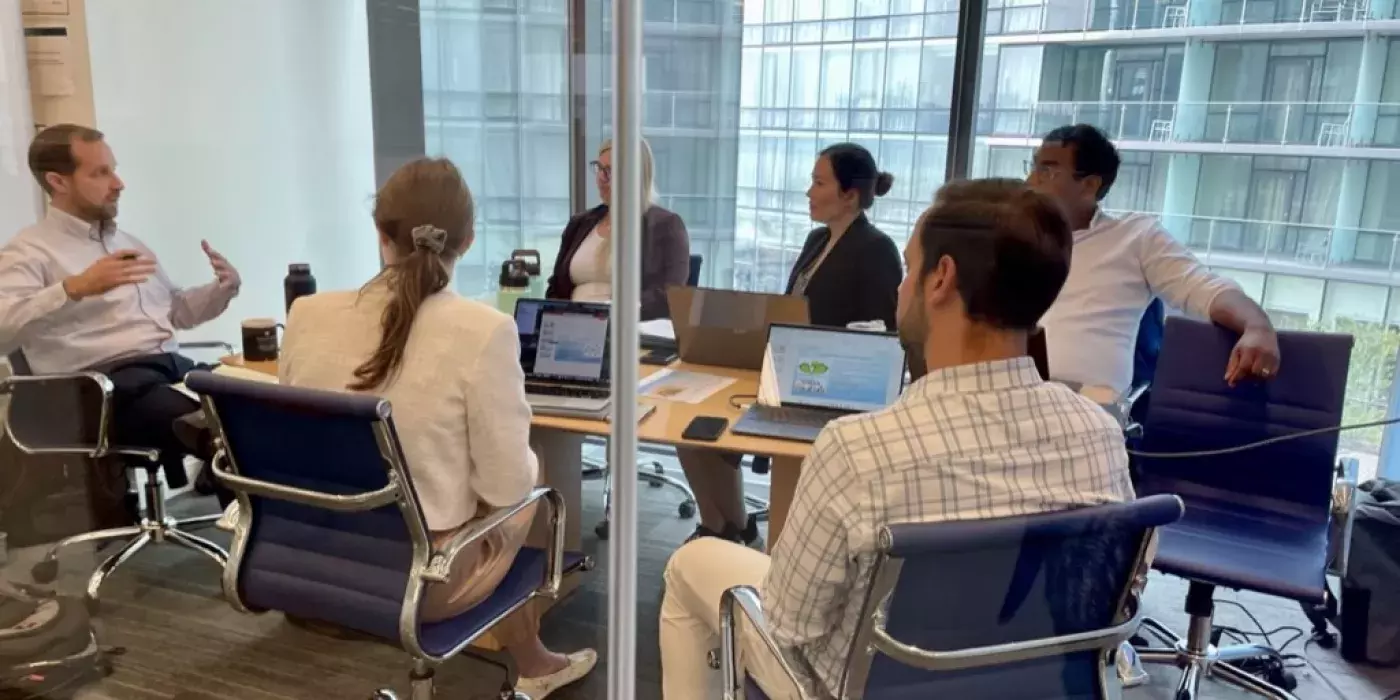
Leadership Resources
The Center for Innovative Leadership engages not only the faculty and students of Johns Hopkins University, but also acts as a resource to leaders across all industries and organizations, providing evidence-based guidance for leading in the modern world of work. From in-depth Field Guides to cutting-edge Research Briefs, the Center produces a range of resources translating faculty research and expertise into actionable insights for practicing leaders.
Field Guides
CIL designed the Field Guide series to help leaders navigate the increasingly complex world of work, armed with a nuanced understanding of key challenges identified in cutting-edge organizational research. Each Field Guide is designed to illuminate a core challenge facing today’s leaders and deliver effective, evidence-based guidance and practices for leaders to deploy in their own work. These in-depth resources are intended for use by leaders in all industries and at all levels of an organization, not only as a “how-to” guide for key leadership decisions and actions, but also as a broader resource for personal development, learning, and growth as a leader.

A Field Guide to
Leading Dynamic Teams
Leaders today face unique challenges and new questions about how their teams should work together – particularly as organizations move to more flexible work arrangements and temporary team structures.
The purpose of our Field Guide to Leading Dynamic Teams is to provide an accessible, practical resource for leaders to think innovatively about how they design and manage teams within their organization. The Guide highlights key practices that can be implemented quickly and seamlessly today as leaders reimagine how to best run meetings, share information, and allow for peer-to-peer leadership in a way that keeps employees engaged, fulfilled and productive.
Research Briefs
The Center frequently releases short Research Briefs, highlighting and summarizing CIL faculty research findings and how they impact the world of work. The briefs are designed to facilitate the rapid transfer of research-to-practice, helping leaders shape their practices with the latest findings in academic research.
Recent Research Briefs
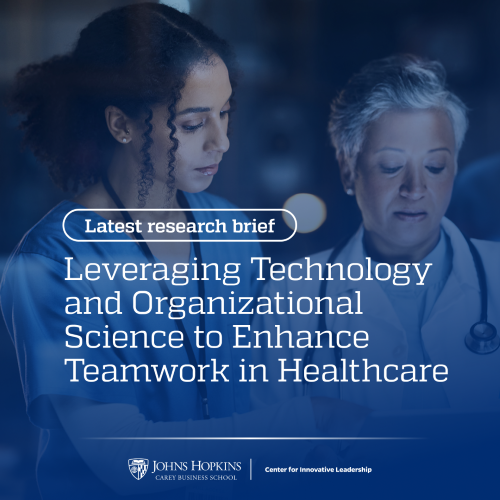
| Leveraging Technology and Organizational Science to Enhance Teamwork in Healthcare |
Remote Workforce Leadership Lessons from Online Collaboration Communities | 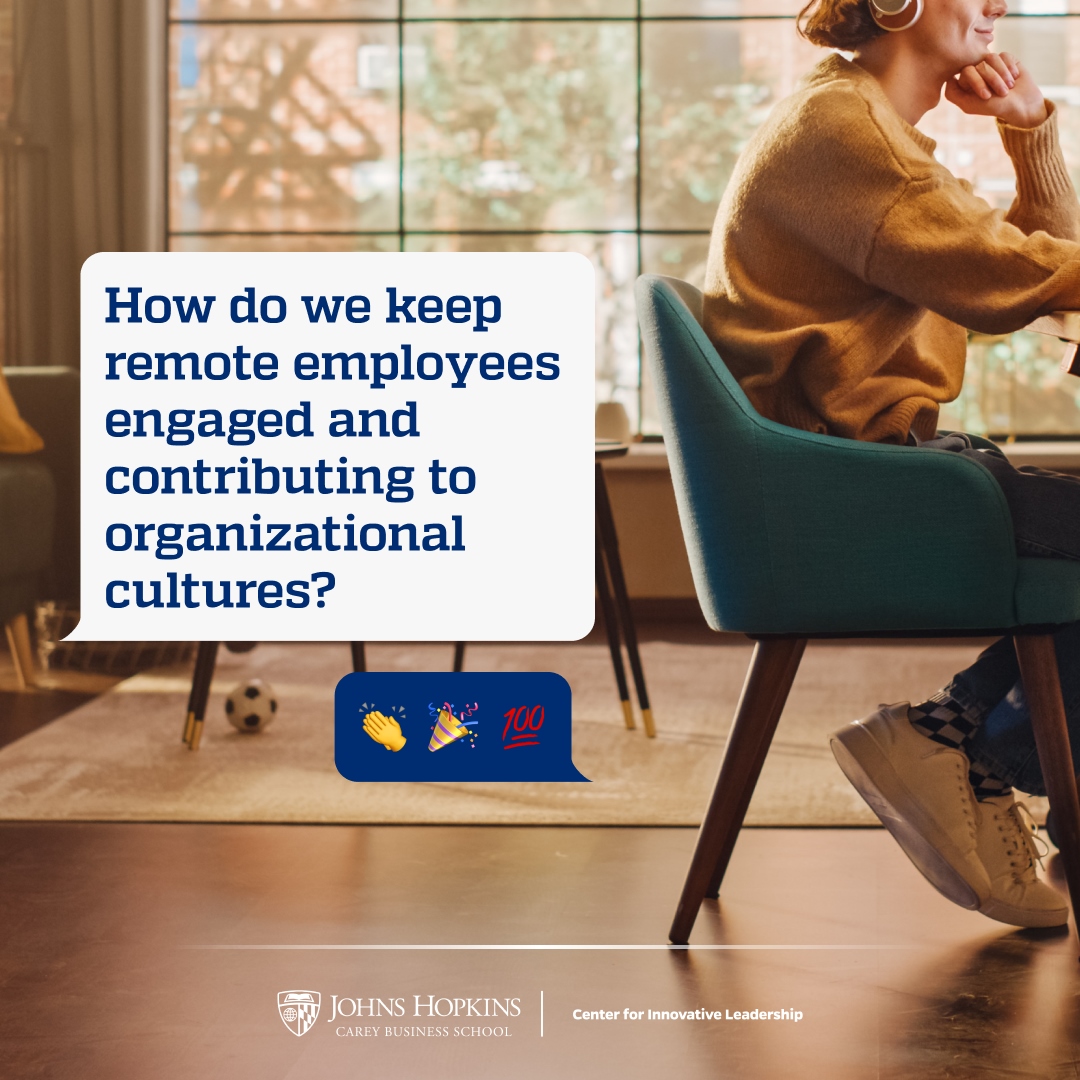
|
‘Moral Beacons’ Provide Ethical Leadership in the Workplace
| |
Ethical Leadership Strengthens Team Efficacy and Social Cohesion | 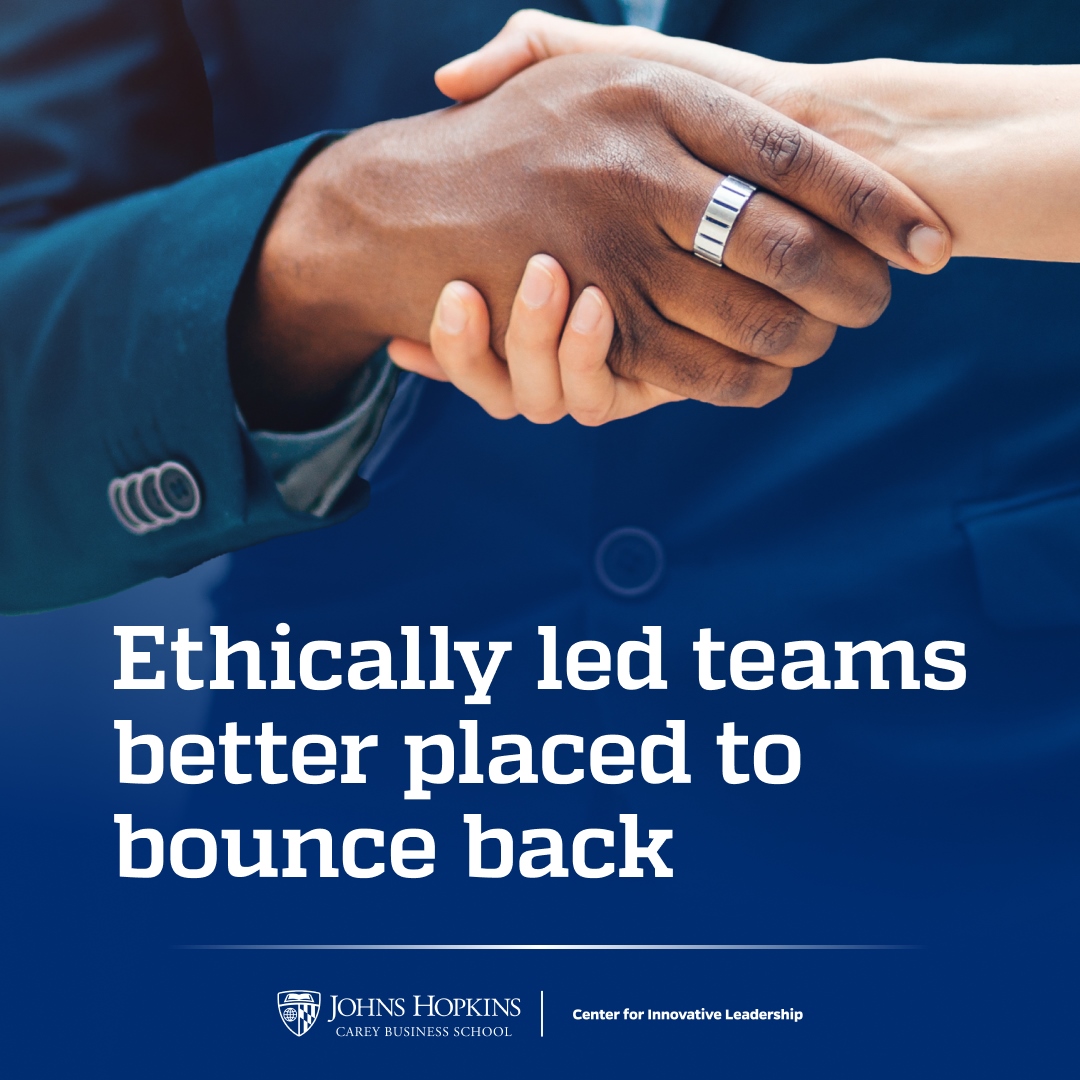
|
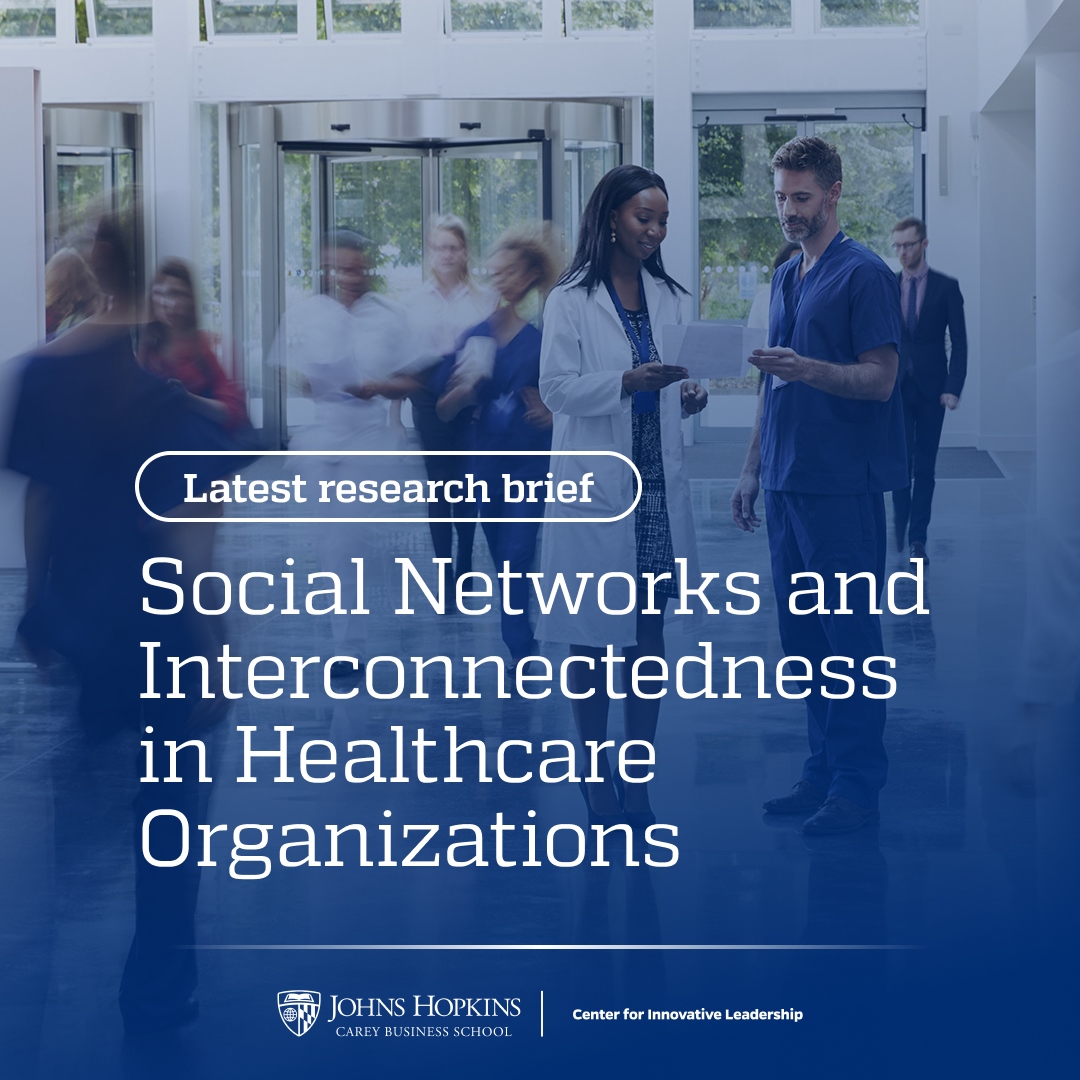
| Understanding the Nuances of Social Networks and Interconnectedness in Healthcare Organizations
|
Leadership Lessons for Multidisciplinary Teams in Healthcare and Beyond | 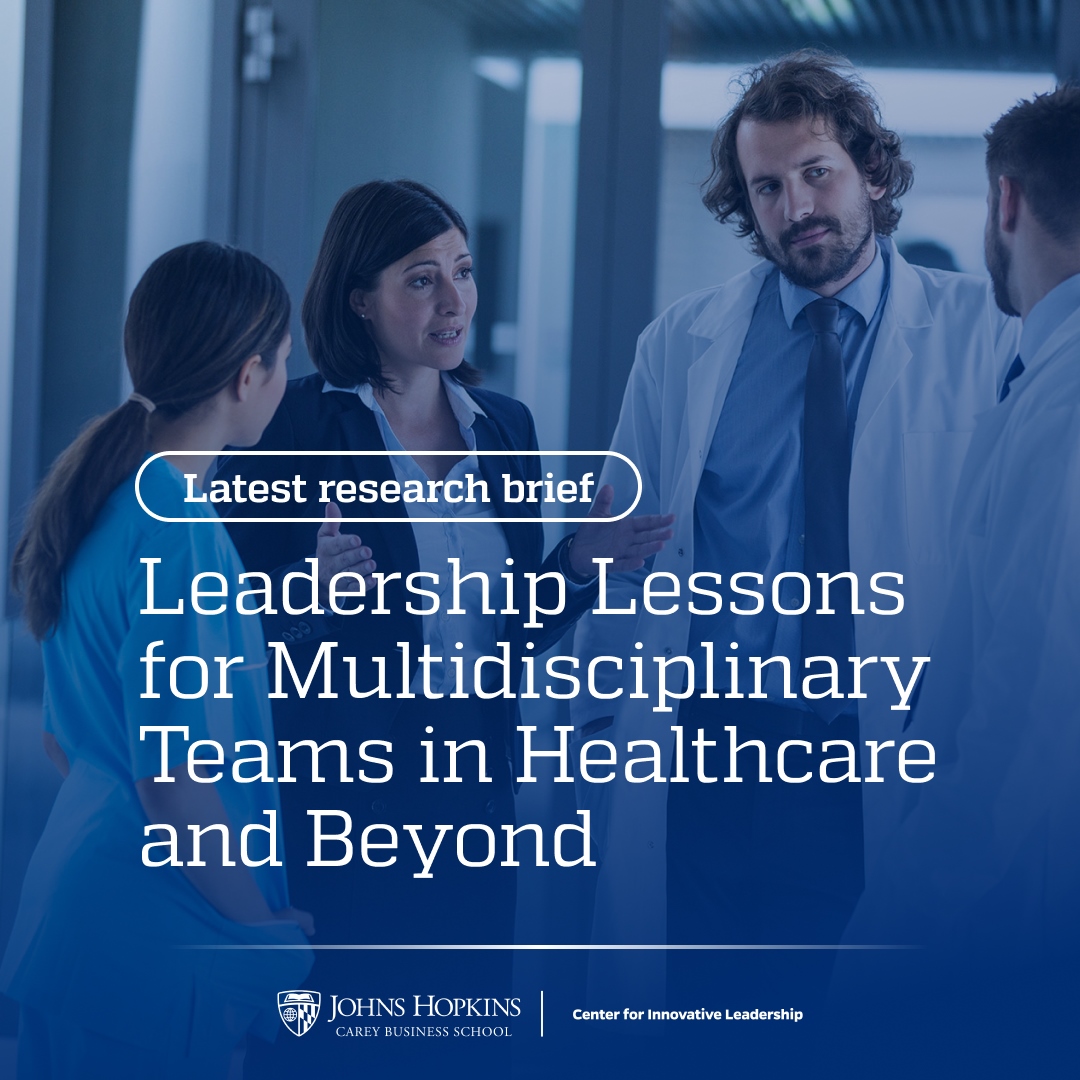
|

| The Unheard Voice of the Upwardly Mobile
|
Allyship for Gender Equity at Work | 
|

| How Structure and Gender Composition Effect A Team’s Collective Ability to Get Work Done |
The Value of Respect in Nurse-Physician Relations | 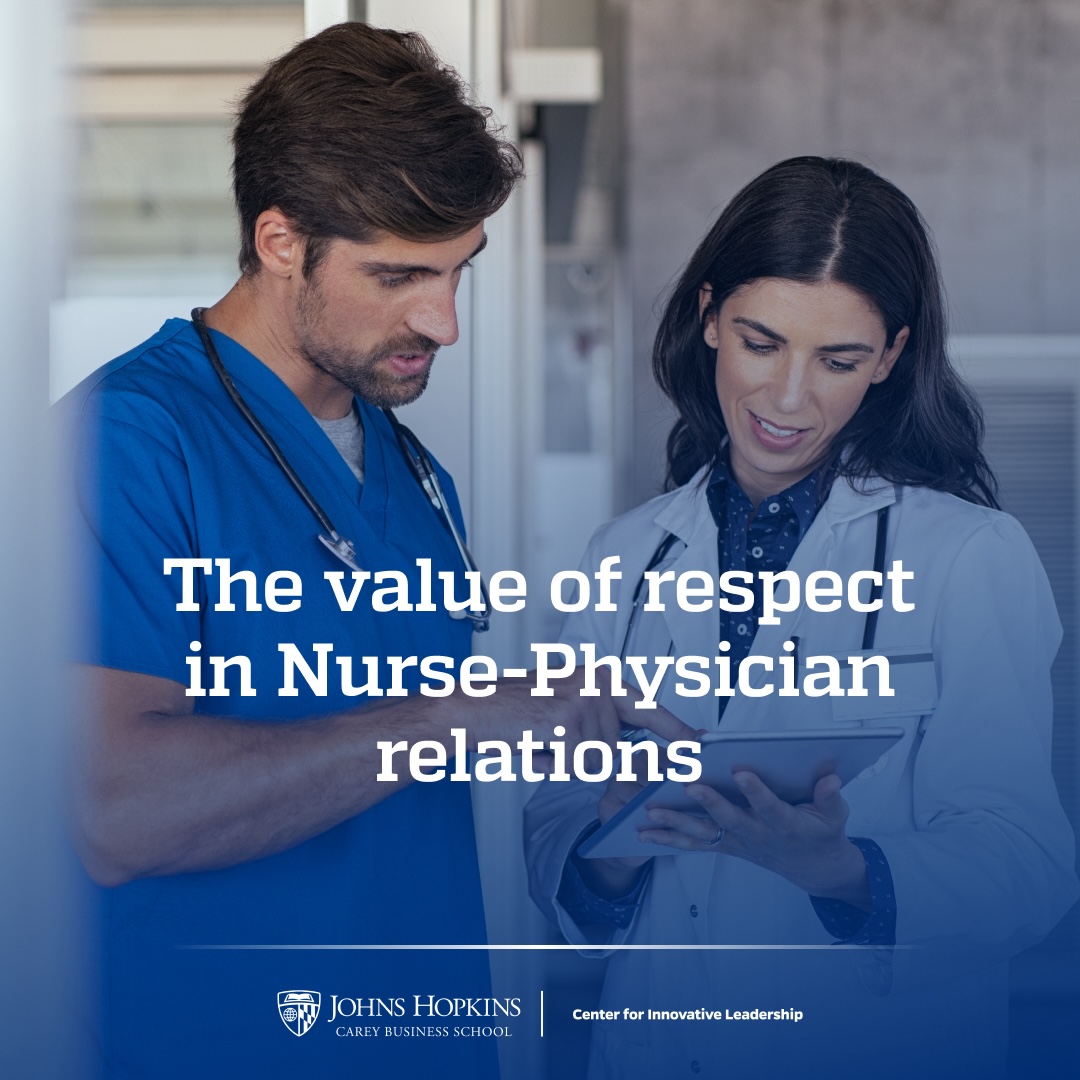
|

| How Female CHROs Break the Glass Ceiling of the C-suite |
What Can 50 Years of Leadership Communication Research Tell Us? | 
|

| Crisis Management Reimagined: Creativity at the Edge of Chaos |
The Restless Entrepreneur | 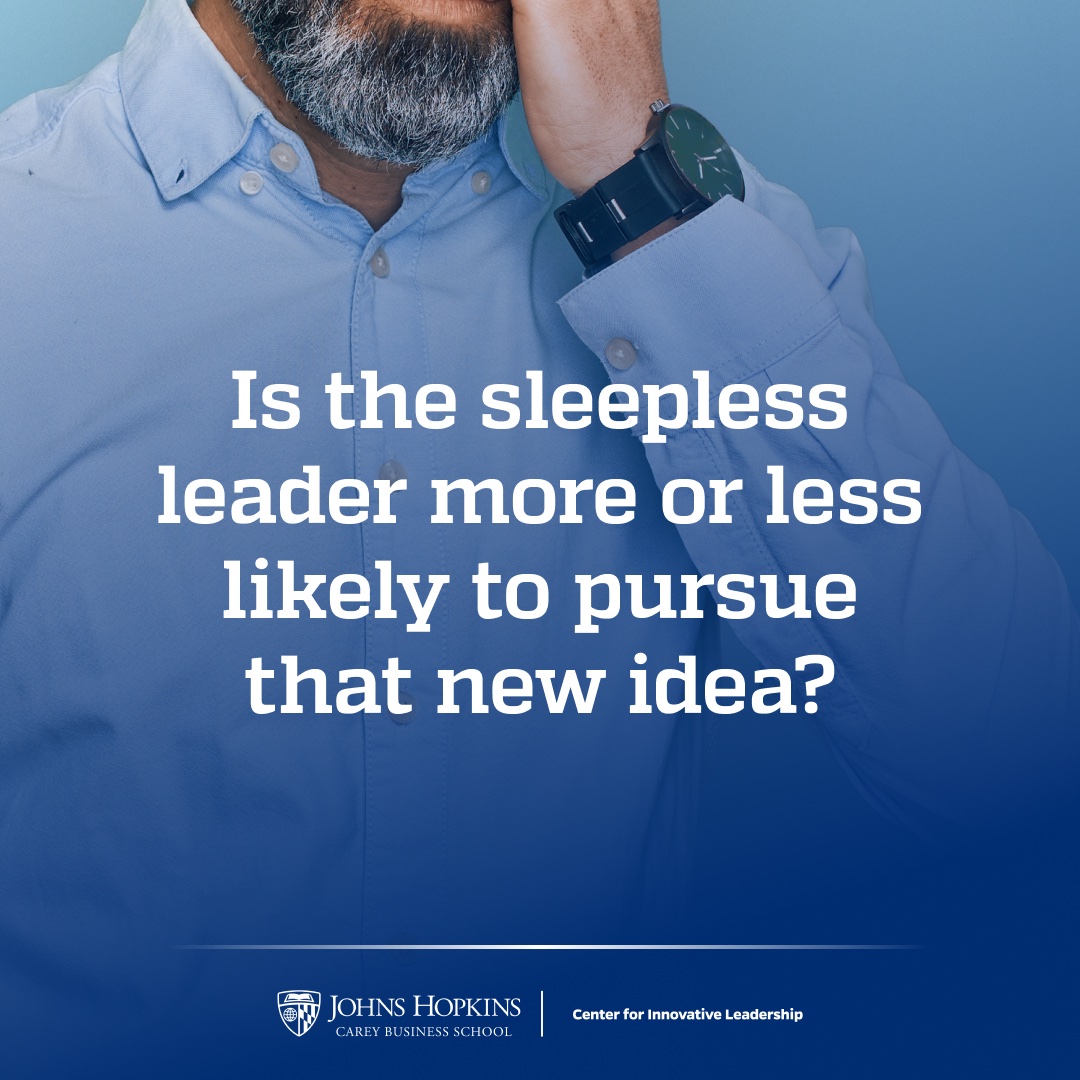
|





